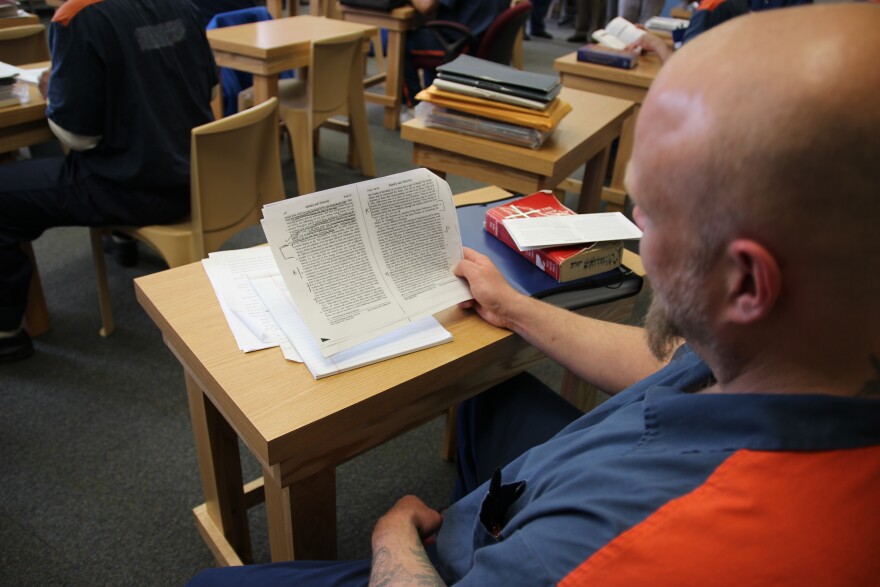The number of criminal offenders who return to prison within three years hit a record low last year -- to 28%. The recidivism high was 46% in 1998.
Chris Gautz is a spokesman for the Michigan Department of Corrections. He says the department is doing a lot more outreach to get communities to support released offenders.
And field agents can now actually go out more in the field, thanks to new smart phones and laptops. That lets them check up on people at their places of work, so someone doesn't have to ask for a day off just to report for probation.
While field agents are at job sites, "they're also talking with the shop owners," says Gautz, "and saying, 'Hey, do you have any openings, 'cause I got some guys or women who might be good fits here, maybe I could send some resumes your way.'"
Gautz says Michigan is now number ten in the nation for low recidivism, and it's hoped that some new programs will improve the situation even more.
That includes federal "Second Chance" Pell Grants specifically for inmates, so they can get college degrees, as well as an initiative called Vocational Village, that teaches inmates in-demand vocational job skills like tool and die -- and lines up jobs for them before parole.
"They can leave prison on Tuesday, and start a job on Wednesday," says Gautz.
Gautz says the department is also working on the front end to keep lower level offenders out of prison if some other sentence would be more effective and more fair. Corrections employees who recommend sentences are now making sure they're consistent from county to county.










